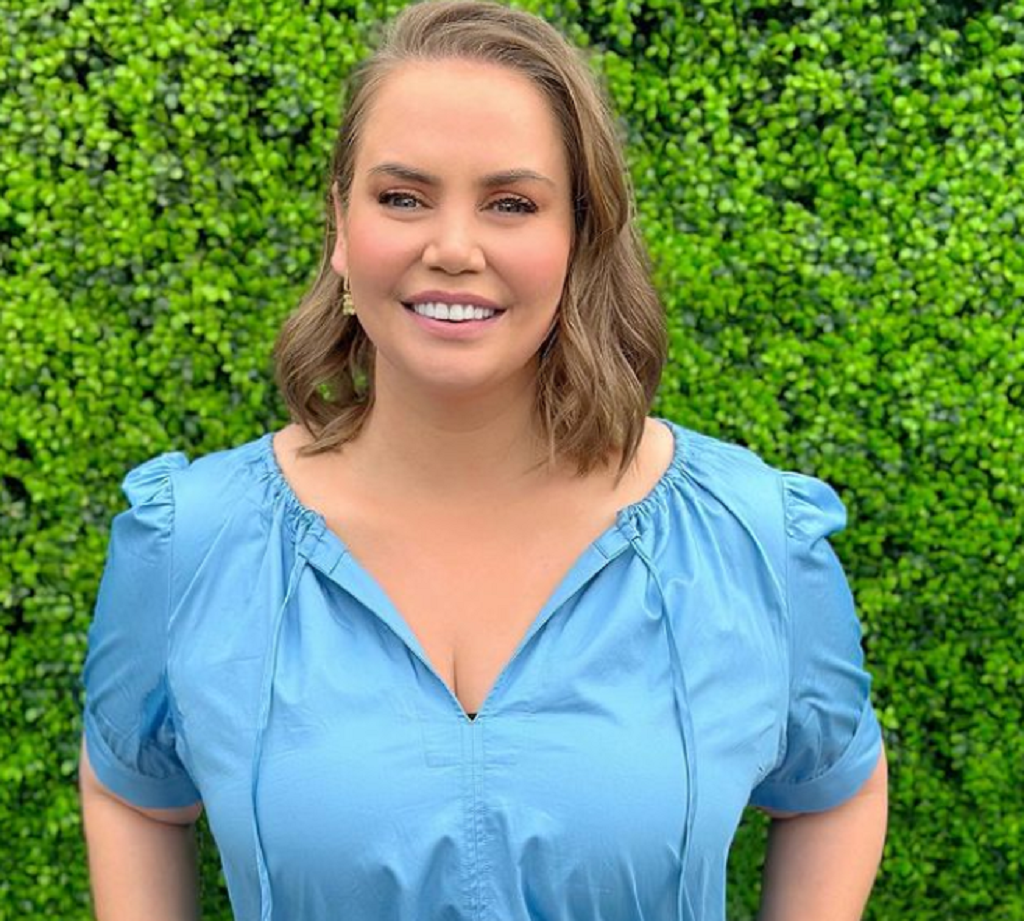Jelena Dokic Depression highlights the importance of seeking help and support for mental health issues.
Jelena Dokic is a former professional tennis player from Serbia. She was born on April 12, 1983, in Osijek, Croatia, but grew up in Serbia and later moved to Australia with her family.
Dokic had a successful career, reaching a career-high ranking of world No. 4 in singles and No. 43 in doubles. She won six WTA singles titles and four doubles titles and represented Australia in the Fed Cup.
Also Read: No, John Owen Lowe Is Not Gay, Meet His Girlfriend Olivia Rodriguez
When Did Jelena Dokic Depression Start?
Jelena Dokic’s struggles with depression started at least six months before she opened up about it in her Instagram post in June 2022.
In that post, she described the last six months as brutal, filled with constant crying, sadness, depression, anxiety, and pain. She also shared that she sought professional help, which she credits with saving her life.
Dokic has been open about her mental health struggles in the past, including revealing in her autobiography “Unbreakable” that she battled depression during her tennis career.

She also spoke about experiencing physical and emotional abuse from her Father and former coach, Damir Dokic, which contributed to her mental health issues.
In a 2020 interview with The Age, Dokic spoke about the impact of her Father’s abuse on her mental health, saying, “It took me a long time to get over it, and even now, I’m not fully over it.”
She added, “It has left deep scars, and I’m still dealing with that. The mental scars are harder to deal with than the physical ones.”
Jelena Dokic Early life Explored
Jelena Dokic was born in Osijek, Croatia, on April 12, 1983. She grew up during a time of war, which made life difficult for her and her family. At six, Jelena started playing tennis and showed a lot of promise.
However, her family had to flee Croatia as refugees when she was eight due to the war, and they settled in Serbia. Despite their challenges, Jelena continued to play tennis and develop her skills.
When Jelena was 11, her family moved to Australia, where she continued to pursue her tennis career. She had a successful junior career and quickly made a name for herself in the professional circuit.
At 16, she defeated world number one Martina Hingis at Wimbledon, a huge accomplishment. Jelena continued to rise in the rankings and achieved a career-high world No.4 in 2002.
However, behind closed doors, Jelena was allegedly physically and emotionally abused by her Father and coach, Damir Dokic. The abuse reportedly started when she was six and continued for years.
Despite the abuse, Jelena continued to excel on the tennis courts, but the emotional toll of the abuse took its toll on her.

In her 2017 autobiography, Unbreakable, Jelena detailed the abuse she endured at the hands of her Father, which included being punched, kicked, and hit with a belt.
She also described being left alone at Wimbledon by her Father after losing a match and being told she was not good enough to come home.
Jelena’s relationship with her Father remained strained over the years, and in 2009, she left her family to escape the violence.
Her Father was later sentenced to 15 months in jail for threatening the Australian ambassador to Serbia and possessing illegal weapons.
In 2019, Jelena cut ties with her Father and has since made peace with the situation, saying that she can’t change what happened but hasn’t done anything wrong.
Jelena Dokic Health Update
In December 2021, Jelena Dokic shared on Instagram that she was going through a “tough” time and needed time to heal and recover.
Dokic revealed that she had separated from her partner of almost 19 years, Tin, and was processing a lot of pain and trauma. She said that she was in pain, hurt, and lost and that it was a struggle just to get out of bed in the morning.
A few days later, Jelena posted again on Instagram, calling out body shaming comments she had received on social media.
She said people were commenting on her weight and size, asking why she was so fat or unrecognizable, and making fun of her.
Dokic asked her followers to imagine if it was their sister, mother, or daughter in her position and how they would feel about them being body shamed. Jelena said she was not ashamed of her size and ended the post with a plea for people to “be kind.”

Jelena has been open about her struggles with mental health in the past, including depression and anxiety, which she says were caused by the abuse she suffered as a child.
She has also spoken about her struggles with weight and body image, which she says were exacerbated by the pressure of being a professional athlete.
Despite these challenges, Jelena has remained resilient and has continued to inspire others through her commentary and advocacy work.
Overall, Jelena’s health update suggests that she is going through a difficult period, but she is taking steps to prioritize her mental and emotional well-being.
You May Also Like: Who Is Yoli Fuller From Transatlantic? Age And Family

